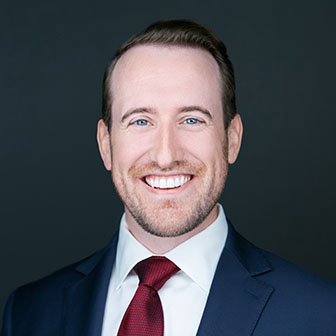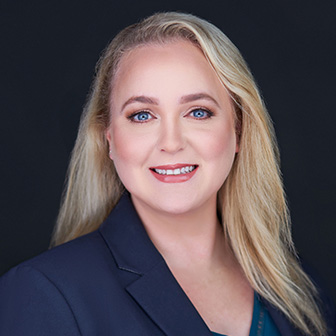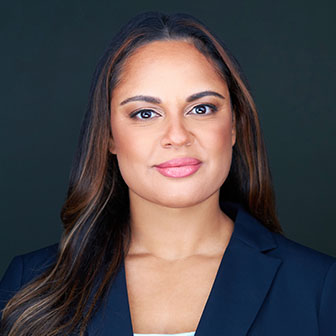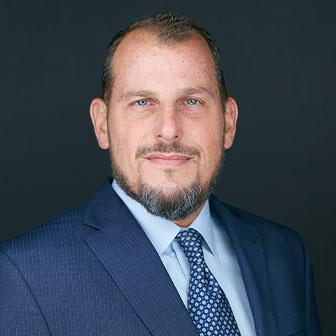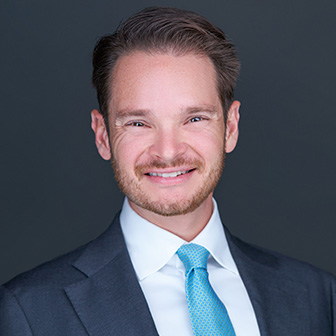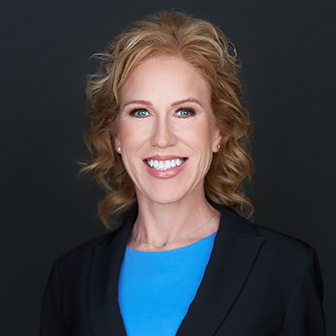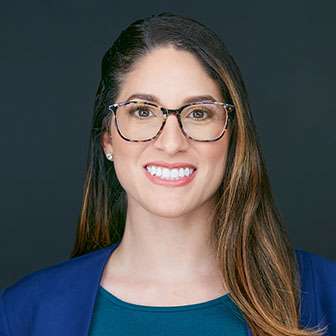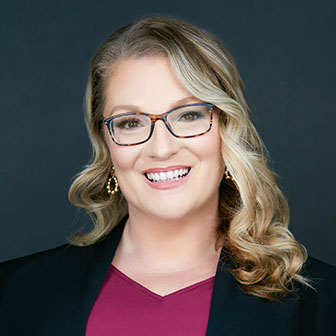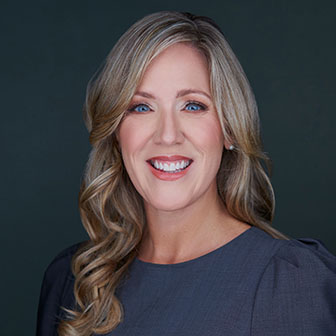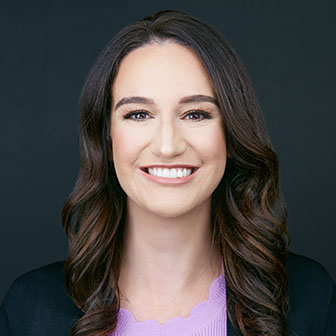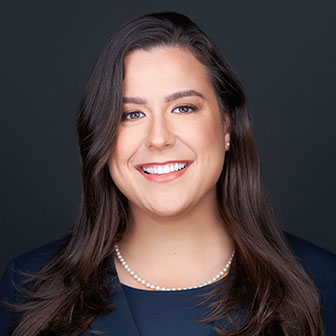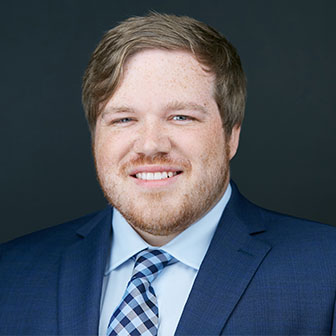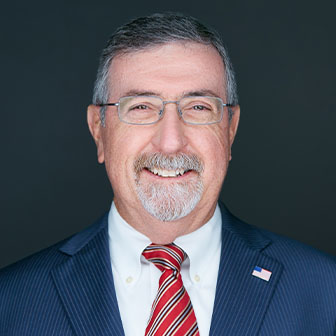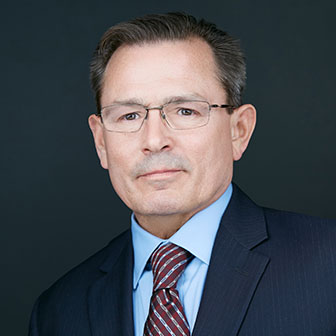Prohibitions, Platting, and Permitting: A Comprehensive Analysis of Land Use Regulatory Changes Stemming from the 2025 Legislative Session
The Florida Legislature’s 2025 Regular Session in Tallahassee proved to be one of the most active sessions dealing with land use regulation in years. Three of these bills have now become law, and landowners and developers should review their effects on ongoing and future projects. Some of the bills heavily affected the affordable housing industry and the Live Local Act, which we previously covered here and here. Other recently enacted legislation will likely have an impact on land use regulations and local land use approvals across the state for several years.
The three key pieces of legislation with the biggest potential for impacts on local land use regulations include SB 180, SB 784, and SB 1080. Despite only being law since June 2025, these three bills have already influenced land use regulations in several jurisdictions in significant ways. These bills and their initial effects are summarized below.
SB 180 – Prohibition on Burdensome Regulations and
Construction Moratoriums by Local Governments
SB 180 filed by Senator DiCeglie addresses Florida’s statewide and local responses to emergency and natural disasters. Governor DeSantis signed SB 180 into law on June 26, 2025. The bill restores and strengthens provisions originally enacted in 2023.
Over the last 5 years, Floridians have faced many difficulties recovering and rebuilding from hurricanes. After suffering from the impacts of Hurricanes Ian and Nicole in 2022, the Florida Legislature enacted SB 250 during the 2023 Session. SB 250 created recovery effort assistance for state and local governments following natural disasters and prohibited local governments from enacting burdensome regulations and construction moratoriums after storms.
After Hurricane Idalia hit North Florida, the legislature subsequently met in a special session, enacting HB 1C, which similarly assisted those communities affected by the hurricane, and which clarified and narrowed the prohibition on burdensome regulations provision. That legislation did not have an enforcement mechanism for business or property owners to take action against the local jurisdiction for violations.
During the 2025 Session and in response to the 2024 Hurricane Season, the Legislature strengthened these prohibitions, ensuring that local governments allow their communities to rebuild. For the first time, the Legislature also created an enforcement mechanism for private property owners challenging a local government’s actions that violate the prohibition. Specifically, SB 180 prohibits counties and municipalities listed in the Federal Disaster Declaration for Hurricanes Debby, Helene, and Milton from proposing or adopting:
- Moratoriums on construction, reconstruction or redevelopment of any property damaged by the hurricane;
- More restrictive or burdensome amendments to the local government’s comprehensive plan or land development regulations; and
- More restrictive or burdensome procedures concerning review, approval or issuance of a site plan, development permit or development order.
The legislation retroactively applies to moratoriums, amendments, or procedures enacted on or after August 1, 2024. The legislation goes on to provide that a resident or business owner may bring an action for declaratory or injunctive relief against a county or municipality for violation of the prohibition. If the resident or business owner is successful, they are entitled to reasonable attorneys’ fees and costs.
Additionally, the 2025 measures seek to streamline the post-storm permitting process by ensuring local governments are prepared to respond after a natural disaster by:
- Requiring counties and municipalities to develop a post-storm permitting plan to expedite recovery and rebuilding by providing for special building permit and inspection procedures after a hurricane or tropical storm;
- Requiring counties and municipalities to publish a hurricane and tropical storm recovery permitting guide to assist homeowners in determining the types of post-storm repairs requiring a permit, the types of repairs not requiring a permit, and the permitting process; and
- Preventing a local government, school district, or special district from assessing an impact fee for the reconstruction or replacement of a previously existing structure if the replacement structure is of the same land use as the original structure and does not increase the impact on public facilities beyond that of the original structure.
SB 784 – Administrative Approvals of Final Plats
SB 784 filed by Senator Ingoglia requires local governments to review and approve plat and replat submittals administratively through a designated authority and provides parameters on the administrative review process. Governor DeSantis signed SB 784 into law on June 20, 2025.
The new law streamlines the subdivision platting and replatting process by transferring the authority for final plat approval from the local governing body to local government staff. Historically, Florida statutes required local governing bodies to approve final plats and replats of subdivisions before recording. This requirement added time and uncertainty to the final stage of a clearly-defined subdivision process, which had already undergone substantial review and regulation by local government. Now, the approval of final plats becomes an administrative procedure. The administrative approval by designated staff members ensures the accuracy and adequacy of the plats while relieving both the applicant and the local government of the burden of unnecessary public hearings and costly delays in approval.
Now local governments are required to enact an ordinance specifying which official within the local government is delegated the authority to approve plat or replats. After submitting a plat or replat for approval, the local government will be required to acknowledge receipt of the plat or replat application within seven (7) business days, and explain the whether the application is complete. The legislation also requires the local government to provide specific timeframes for the approval of the application. Finally, the new language updates language in 177.071 and 177.111 to conform with the changes made throughout.
SB 1080 – Streamlining the Permitting Process
SB 1080 filed by Senator McClain creates uniform requirements for local governments to process development permits and orders and to ensure that local governments adequately respond to applicants in a timely manner. Governor DeSantis signed SB 1080 into law on June 26, 2025. The legislation accomplishes this by requiring the local government to:
1. Specify the minimum information required for certain zoning applications.
The bill requires local governments to specify in writing the minimum information that must be submitted in an application for a zoning approval, rezoning approval, subdivision approval, certification, special exception, or variance. Under the bill, the local government must:
- Make the minimum information available for inspection and copying at the location where the local government receives applications for development permits and orders;
- Provide the minimum information to the applicant at a preapplication meeting; or
- Post the minimum information on the local government’s website.
2. Process an application for a development permit or order within certain timeframes.
The bill creates new timeframes for local governments. Within 5 business days after receiving an application for approval of a development permit or development order, local governments must confirm receipt of the application using the contact information provided by the applicant. The bill clarifies that, within 30 days after receiving an application for approval of a development permit or order, a local government must review the application for completeness and either:
- Issue a written notification to the applicant indicating that all required information is submitted; or
- Specify, with particularity and in writing, any areas that are deficient.
For a development permit application or order that does not require final action through a quasi-judicial hearing or public hearing, the bill requires local governments to approve the application, approve the application with conditions, or deny the application within 120 days after the local government has deemed the application complete.
For a development permit application or order that does require final action through a quasi-judicial hearing or public hearing, the bill requires local governments to approve the application, approve the application with conditions, or deny the application within 180 days after the local government has deemed the application complete.
Finally, SB 1080 clarifies that local governments and applicants may agree in writing to an extension of time for processing an application, particularly in the event of a force majeure or other extraordinary circumstance. The bill provides that the foregoing timeframes restart if an applicant makes a substantive change to the application. The bill defines “substantive change” as an applicant-initiated change of 15 percent or more in the proposed density, intensity, or square footage of a parcel.
3. Issue refunds to applicants if the local government fails to meet certain timeframes when processing an application.
The bill requires local governments to issue a refund to an applicant equal to:
- Ten percent of the application fee if the local government fails to issue written notification of completeness or written specification of areas of deficiency within 30 days after receiving the application.
- Ten percent of the application fee if the local government fails to issue a written notification of completeness or written specification of areas of deficiency within 30 days after receiving the additional information pursuant to an initial request by the local government to furnish such additional information.
- Twenty percent of the application fee if the local government fails to issue a written notification of completeness or written specification of areas of deficiency within 10 days after receiving the additional information pursuant to a second request by the local government to furnish such additional information.
- Fifty percent of the application fee if the local government fails to approve, approve with conditions, or deny the application within 30 days after conclusion of the 120-day or 180-day timeframe specified above.
- One hundred percent of the application fee if the local government fails to approve, approve with conditions, or deny an application 31 days or more after conclusion of the 120-day or 180-day timeframe specified above.
However, a local government is not required to issue a refund in any of the foregoing scenarios if:
- The applicant and the local government agree to an extension of time;
- The delay is caused by the applicant; or
- The delay is attributable to a force majeure or other extraordinary circumstances.
4. Prohibits school districts from imposing any fee in lieu of an impact fee, unless an exception applies.
The bill amends s. 163.3180, F.S., to provide that a school district may not collect, charge, or impose any alternative fee in lieu of an impact fee to mitigate the impact of development on educational facilities unless such fee meets the dual rational nexus test imposed on all impact fees. In any action challenging a fee for such a reason, the school district has the burden of proving by a preponderance of the evidence that the imposition and amount of the fee meet the requirements of state legal precedent.
5. Provides limitations on extraordinary increases to impact fees.
The bill amends the “Impact Fee Statute”, i.e. s. 163.31801, F.S., to provide that an impact fee increase beyond the statutory four-year glidepath under the auspices of “extraordinary circumstances” requires a unanimous, rather than two-thirds’ vote, and must be implemented in at least two but not more than four equal annual increments. A local government may not increase impact fees using “extraordinary circumstances” methodology if they have not increased the impact fee within the past 5 years, excluding years in which increases were prohibited due to hurricane disaster regulations.
6. Provides that comprehensive plan amendments are not required to be approved at the second public hearing in the plan amendment adoption process to avoid being deemed withdrawn.
The bill provides that if:
- A local government fails to hold a second public hearing on the proposed comprehensive plan amendment(s) within 180 days after receiving agency comments, then the amendment(s) are deemed withdrawn, with certain exceptions.
- A local government holds a second public hearing, but does not adopt the proposed amendment(s) at that hearing or within 180 days after that hearing, then the amendments are deemed withdrawn.
The bill increases the amount of days within which a local government must transmit a comprehensive plan amendment to the state land planning agency from 10 days to 30 days.
7. Specifies that certain fees may be used by local governments to process or enforce building permits.
The bill specifies that fees imposed by local governments to enforce the Florida Building Code, and any related fines or investment earnings, may only be used for carrying out the local government’s responsibilities in enforcing the Florida Building Code. These responsibilities include, but are not limited to, any process or enforcement related to obtaining and finalizing a building permit. Similarly, the bill clarifies that planning and zoning or other general government activities not related to obtaining a building permit may not be funded with fees adopted for enforcing the Florida Building Code.
Our team is continuing to monitor the impacts that these three important pieces of legislation will have across Florida.


